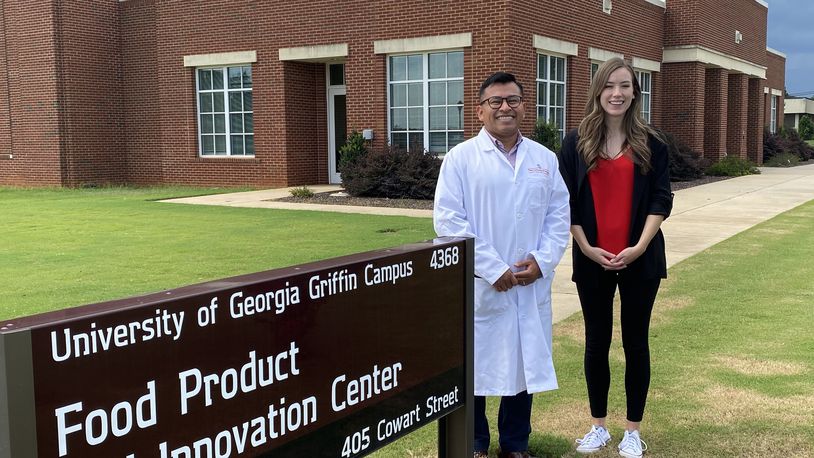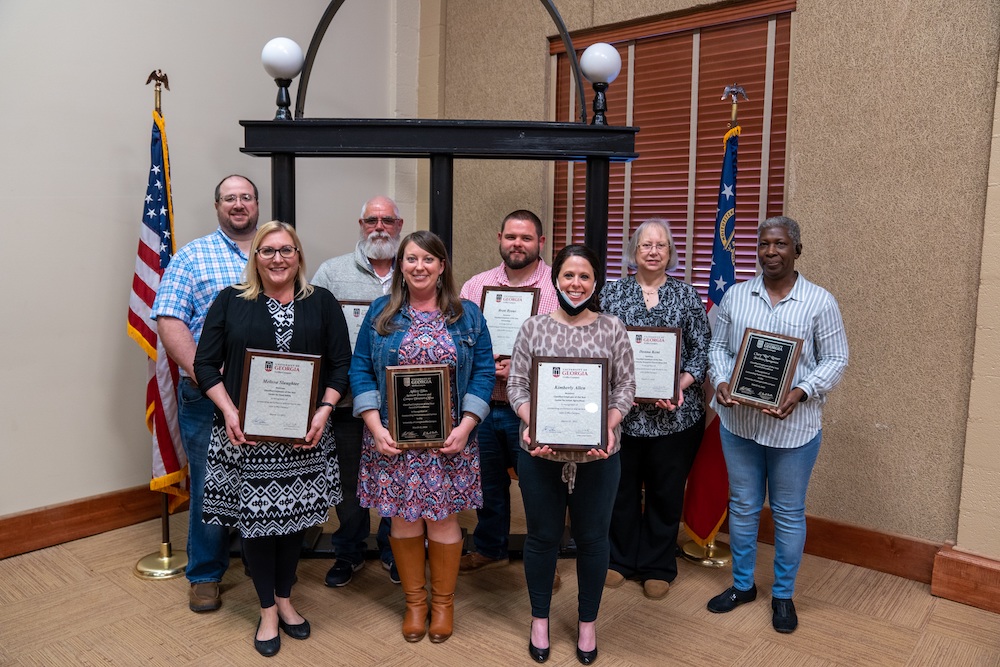 CAES News
CAES News
UGA-Griffin Awards
The University of Georgia Griffin campus recently named Ashley Biles and Clary “Ree” Rosser as the 2022 Classified Employees of the Year at the 33rd Annual Employee Recognition Ceremony.

.jpg)
.png)
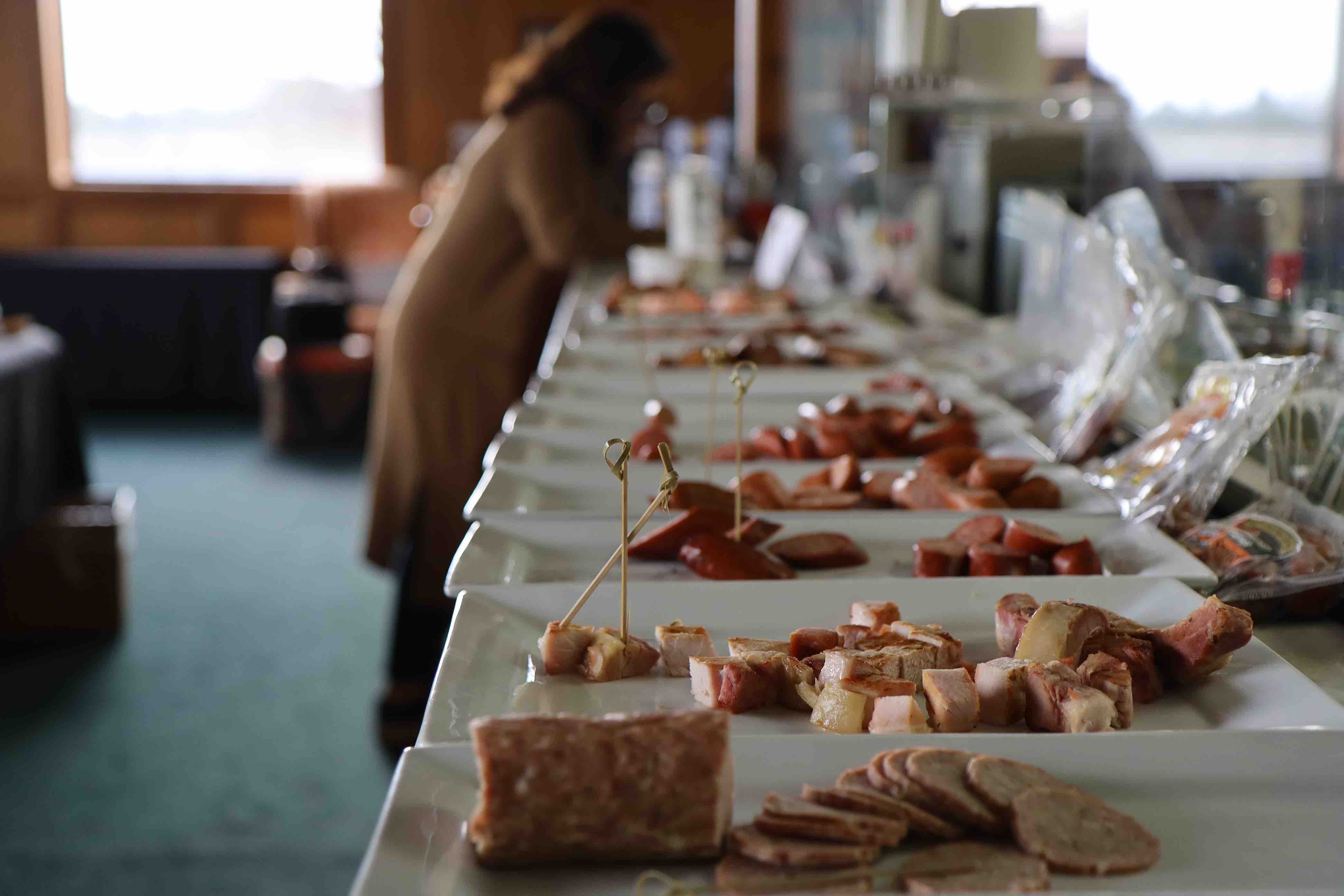
.jpg)
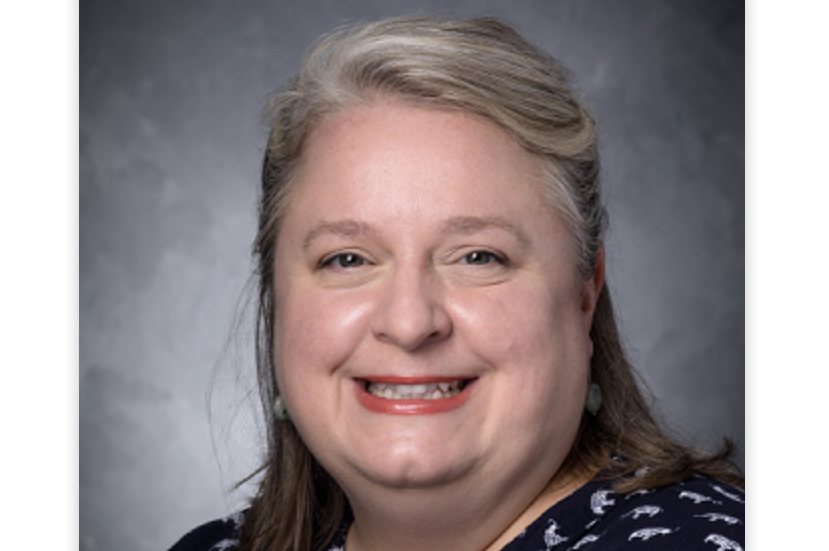
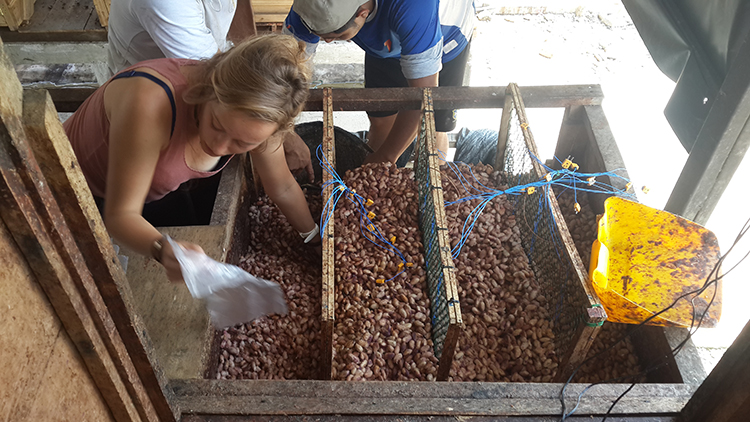

.png)
